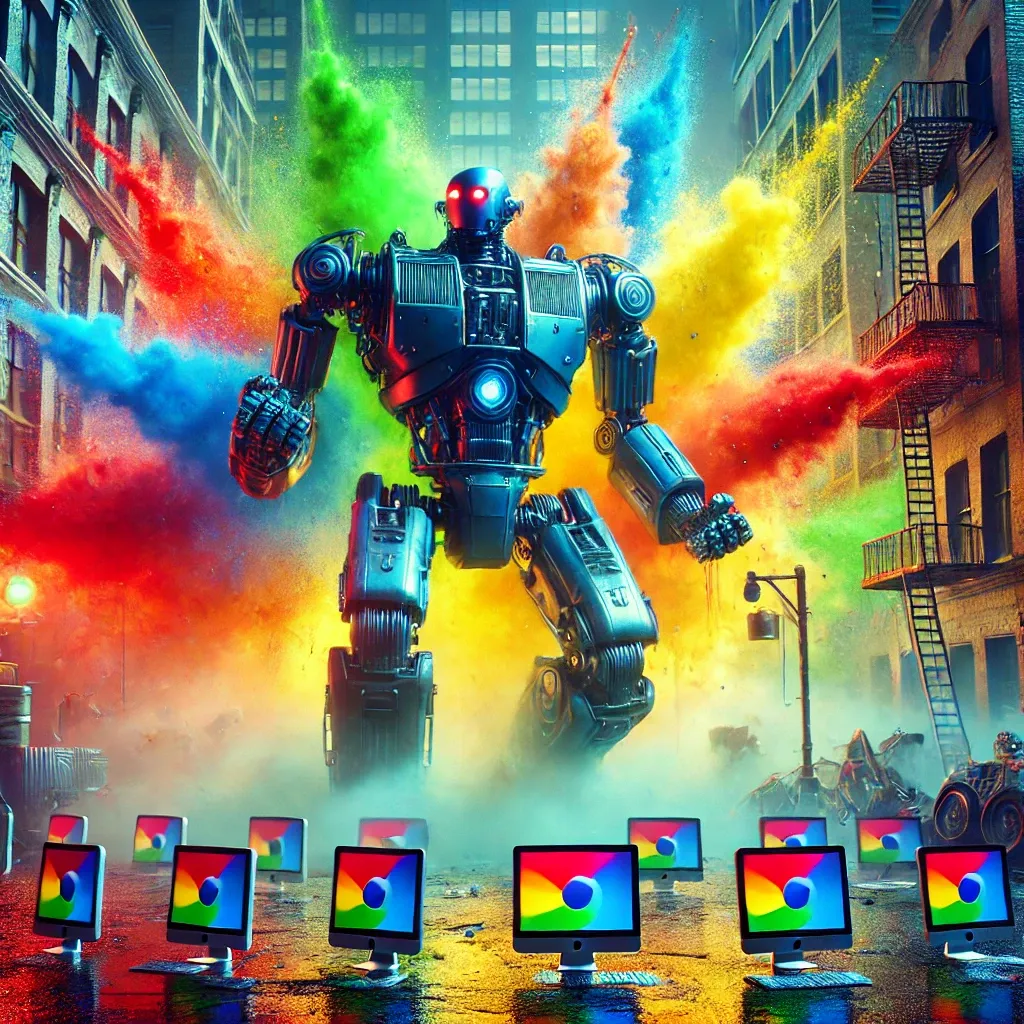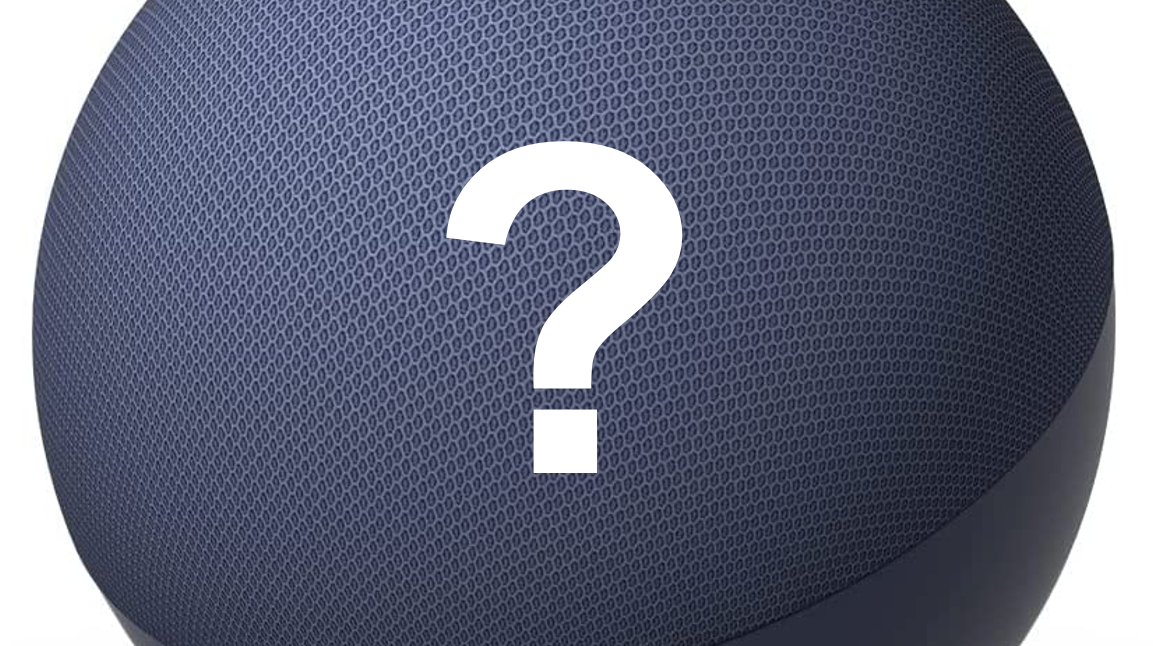AIOpocalypse, Alexa Subscription, Reviewed Gets Panned

The AIOpocalypse Hasn't Come
The AIOpocalypse – the anticipated drop in traffic from Google's AI Overviews (AIOs) – hasn't materialized, at least not yet. During the year when Google was testing SGE, AIOs appeared for more than 80% of search queries. Multiple studies found that when they were present, AIOs dramatically reduced the visibility of traditional organic content by pushing it down the page. This was especially pronounced on smartphones. However, the feared traffic apocalypse hasn't shown up. IAC-owned publisher Dot-Dash Meredith and Ziff Davis both told investors that they had seen a "negligible" effect on their referral traffic from the presence of AIOs. The publishers are conveying the attitude that AIOs are a non-event and it's business as usual. But the fact that there's been little or no effect on traffic is largely a function of Google's frequency reduction in AIOs, due to a botched rollout and, plausibly, a negative impact on ad clicks (on mobile devices). This does not necessarily represent the "new normal" going forward.
Our take:
- The situation with AIOs is very fluid and will partly be determined by how successful AI competitors are.
- If ChatGPT, Perplexity and others fail to gain consumer adoption Google will be more restrained. If they do, we might see a faster return of AIOs.
- Google may be evolving the AIO into a giant featured snippet, as it draws more AI content (and citations) from the top organic results.
Can Subscriptions Save Alexa?
The story of Alexa and smart speakers is a cautionary tale of reality not cooperating with technology hype. Amazon Echo/Alexa are almost 10 years old. Despite its massive distribution and strong brand recognition, Alexa 1.0 has failed. The company lost billions annually on its smart speakers – $10 billion in 2022 according to estimates – which it sold at or very near cost. The anticipated commerce, ancillary services and ad revenue never materialized, nor did the third party voice app ecosystem (skills). And thousands of Echo/Alexa-related jobs were eliminated in late 2022. It's estimated that more than 500 million Alexa devices have been sold globally. Now Amazon hopes to review the early promise of voice search and "v-commerce" with an AI-powered Alexa 2.0. According to documents seen by The Washington Post, a subscription to the AI-upgraded Alexa will cost $10 per month; "classic Alexa" will remain free. The new Alexa will feature:
- AI news summaries
- More conversational interactions and personalization
- Better and more personalized shopping tools
- Kid features
Reportedly, there's also a ChatGPT style competitor for the web coming in parallel.

Our take:
- Alexa was one of two "voice search" brands, the other being Siri. Amazon blew a massive opportunity by not sufficiently evolving the UX.
- The Alexa 2.0 take rate will depend on the quality of the user experience, but I'm going to go out on a limb and say it will be very low.
- ChatGPT, Apple Intelligence and smarter voice assistants could revive voice search. But have users already moved on?
Reviewed.com: Panned, Then Canned
Gannett/USAToday owned Reviewed.com is shutting down. The affiliate revenue-driven site is the latest victim of a scandal involving undisclosed AI content. Late last year, several outlets discovered fake bylines (via ex-Reviewed employees) with undisclosed AI-generated product reviews. This followed an earlier failed experiment with AI-generated sports recaps by Gannett. The source of the bogus AI content, according to The Verge, is a marketing company called AdVon. The same company reportedly was behind a similar embarrassing AI incident at Sports Illustrated, which pushed a bunch of AI articles off as human-written. There have been other such publisher scandals. For example, CNET was caught flogging error-ridden AI content as human-created. The scandal tainted the CNET brand and may partly explain the recent sale of the company at a major discount to Ziff Davis. Beyond the AI issues at Reviewed, Google's Site Reputation Abuse penalty might be contributing to the decision to shut down the site – even though it would appear outside the strict parameters of the rule.

Our take:
- Because it's much cheaper to produce, publishers will continue to try and use AI to reduce their costs. That's what these "experiments" are about.
- The data are mixed on how receptive audiences are to AI content. But undisclosed AI content is generally disapproved.
- Getting caught with undisclosed AI content can damage a brand. CNET was bought for $500M and sold for ~$100M. That discount, perhaps even the sale itself, was impacted by the decline of CNET's brand.
Recent Analysis
- Near Memo episode 171: GBP phone hacking problems persist, new FTC fake reviews rules, SearchGPT & the future of search.
- Hacking a Business Phone Number on a Google Listing Is (Still) Easy, by Mike Blumenthal
Short Takes
- More LSA and GBP integration.
- Google AIOs getting it wrong on local.
- Google Business Profile appeals process delayed.
- How to do local SEO testing.
- AI appears to be having an impact on search query length.
- Perplexity to introduce search advertising in Q4.
- Top SEO tools ranked according to popularity.
- Excessive "content pruning" can backfire.
- Mobile gamer Niantic is crowdsourcing a 3D map of the world.
- Telegram CEO arrested in France for lax content moderation.
- Uber gets $320+ million fine for sharing EU driver data with US servers.
- Zuckerberg: Europe is stifling AI innovation with too many rules.
Listen to our latest podcast.

How can we make this better? Email us with suggestions and recommendations.

